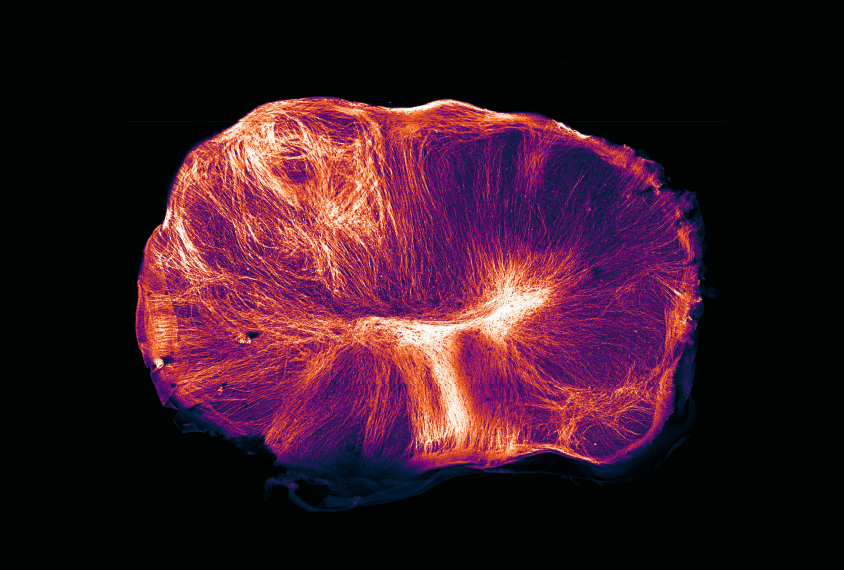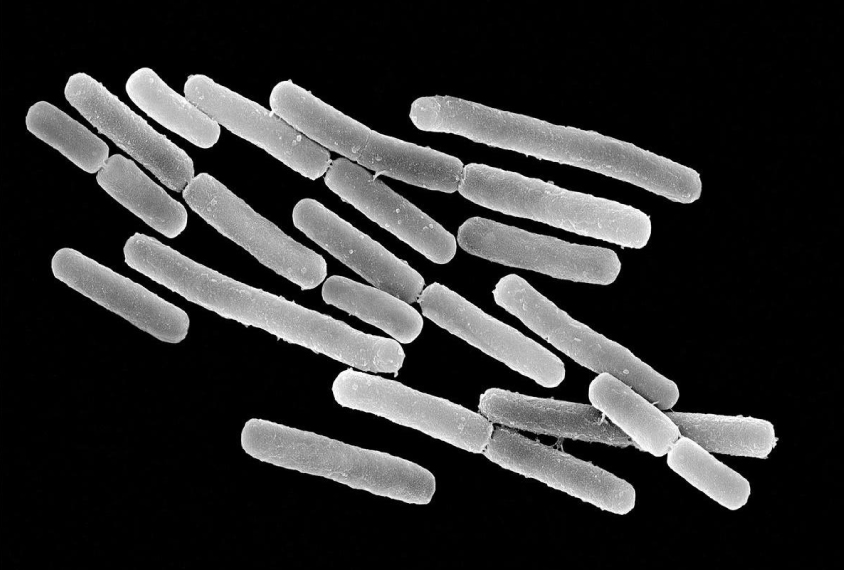Shweta Karikehalli is an environmental and science journalist based in New York City. Prior to joining _Spectrum_, Shweta was an editorial fellow at _Audubon_ magazine and worked for the _Daily Orange_, Syracuse University’s award-winning independent newspaper, as a copy editor and reporter. She has an M.A. in magazine, newspaper and online journalism from the S.I. Newhouse School of Public Communications and a B.S. in conservation biology from the SUNY College of Environmental Science and Forestry.

Shweta Karikehalli
From this contributor
‘Zombie’ pig brains fire hours after death
A new method restores blood flow and some functions in pig brains four hours after the animals have died.
New method creates complex, long-lived brain ‘organoids’
A new method for growing brain organoids allows them to survive for up to a year — more than four times as long as is possible with other methods.

New method creates complex, long-lived brain ‘organoids’
Mighty magnet promises to render human brain in intricate detail
A new magnetic resonance imaging machine has the power to reveal the brain’s structure and activity at unprecedented resolution.

Mighty magnet promises to render human brain in intricate detail
Genome catalog bolsters global microbiome research
The largest-yet attempt to characterize the global diversity of the human microbiome — the population of microbes that live in our bodies — has found 4,930 species, 77 percent of which were previously unknown.

Genome catalog bolsters global microbiome research
Explore more from The Transmitter
New autism committee positions itself as science-backed alternative to government group
The Independent Autism Coordinating Committee plans to meet at the same time as the U.S. federal Interagency Autism Coordinating Committee later this month—and offer its own research agenda.

New autism committee positions itself as science-backed alternative to government group
The Independent Autism Coordinating Committee plans to meet at the same time as the U.S. federal Interagency Autism Coordinating Committee later this month—and offer its own research agenda.
Two neurobiologists win 2026 Brain Prize for discovering mechanics of touch
Research by Patrik Ernfors and David Ginty has delineated the diverse cell types of the somatosensory system and revealed how they detect and discriminate among different types of tactile information.

Two neurobiologists win 2026 Brain Prize for discovering mechanics of touch
Research by Patrik Ernfors and David Ginty has delineated the diverse cell types of the somatosensory system and revealed how they detect and discriminate among different types of tactile information.
Shifting neural code powers speech comprehension
Dynamic coding helps explain how the brain processes multiple features of speech—from the smallest units of sounds to full sentences—simultaneously.

Shifting neural code powers speech comprehension
Dynamic coding helps explain how the brain processes multiple features of speech—from the smallest units of sounds to full sentences—simultaneously.
